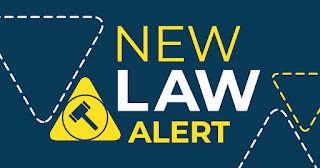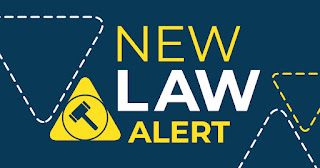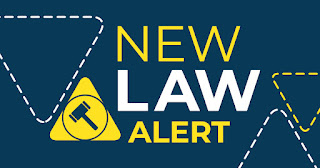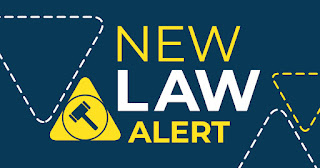Lieb at Law, P.C., is seeking a complex litigation attorney to support the firm's widely expanding litigation practice. This role will work across plaintiff and defense litigation. Minimum of 1 year experience required. This position will work in the fields of employment, discrimination, commercial, and real estate litigation.
Desired qualifications:
- Drafting and analyzing pleadings, discovery, and motions;
- Resourcefulness in legal research;
- Must excel in a paperless office;
- Ability to leverage substance rather than emotion.
The firm’s practice areas include:
- Litigation: Employment Litigation, Discrimination Litigation, Commercial Litigation, Real Estate Litigation, Real Estate Brokerage Litigation, Title Litigation, Plaintiff Personal Injury, Landlord/Tenant, Estate Litigation and more.
- Employment Litigation, Compliance and Trainings: Discrimination, Harassment, Retaliation, Wage and Hour, Restrictive Covenants, Family Medical Leave Act, Alternative Dispute Resolution, Appeals; Employee Handbooks and Policies, Sexual Harassment and Discrimination Training, Wage and Hour Audits & more.
- Legal Compliance for Regulated Industries: Outside Compliance Counsel for regulated professions, Policy Drafting, Policy Implementation, Auditing, Corporate Compliance Trainings.
- Transactions:Commercial and Residential Real Estate Purchase and Lease Transactions, Business Transactions and Negotiations.
Qualifications:
Excellent critical thinking, writing, organization and research (Westlaw) skills. Must be technologically savvy.
10 reasons to work at Lieb at Law:
1. Growth – we are expanding and have tremendous opportunities for you to grow your career
2. Prestige – our attorneys are quoted in newspapers and interviewed on TV / radio; we provide opportunities to teach continuing education to brokers and attorneys
3. Fun – we have a ping-pong table, a BBQ committee, and staff that truly like each other
4. DEI – we don’t just have it internally, but focus our practice on employment and housing discrimination trainings and litigation so that we can help other business bring equity and inclusion into their realms as well
5. Technology – we leverage cloud-based / cutting-edge case management, task management, document generation, and more
6. Media – we have a PR team on retainer, host a weekly podcast, have our own studio, and we want you to be a part of that too
7. Business Differentiator – we own and operate a NYS licensed real estate school with over 10,000 students and countless courses on all fields of real estate law
8. Support – we own a licensed school so clearly, we know how to teach you; not only can we teach you, but we make learning easy because we operate with open doors in a collaborative environment and your success is our goal
9. Life Balance – work hours and billing requirements are reasonable and flexible so that you can have a life outside of the office
10. Respect – you are important, and we will treat you as an equal, not a subordinate
About Lieb at Law, P.C.:
Lieb at Law, P.C. offers legal services with a focus on litigation, discrimination, employment, and real estate. Additional practice areas include real estate brokerage, title disputes, contractual / commercial litigation, landlord / tenant, estate litigation, mortgage foreclosure, surrogate’s court litigation, plaintiff's personal injury / premises liability, land use / zoning, business and real estate transactions. Attorneys at Lieb at Law, P.C. are admitted to practice law in New York, New Jersey, Connecticut, and Colorado while also practicing in the Federal Courts.
The firm is a substance-first law firm where self-confidence, grit, and skill is celebrated and rewarded.
Staff have access to a cloud-based legal research platform so that the latest cases are available everywhere, including at home and in the courtroom. We have a secure, cloud-based case management system that catalogs every thought and action on each matter so that case facts are readily accessible at the stroke of a computer key. Finally, enterprise file sharing, storage, and collaboration software is leveraged to enable the efficient collaboration between attorneys where case strategy and document preparation is fresh and innovative.
We are media legal analysts who appear on TV / radio nationwide. We teach the law that we practice, in continuing education and corporate trainings, so we force ourselves to always stay on the cutting edge of new statutes, regulations, and cases. Lieb at Law is a modern law firm that is at the vanguard of the profession.
Common surfaces are cleaned frequently, masks required for anyone in the office that is unvaccinated. All staff is vaccinated.
TO APPLY EMAIL COVER LETTER AND RESUME TO CAREERS@LIEBATLAW.COM






























